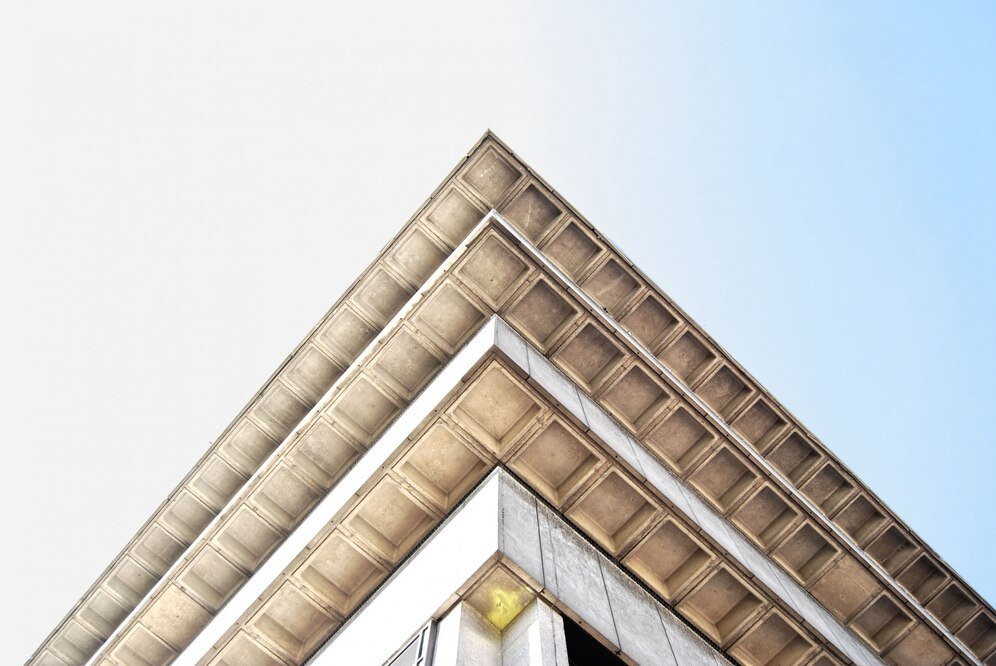When it comes to roof installations in Alabama, one of the most common questions homeowners ask is about the costs involved. A new roof is a significant investment, and understanding the components that make up the cost can help you plan your budget more effectively. In this article, we’ll dive into the most expensive parts of a new roof and how to manage costs effectively, including tips for negotiating with contractors to ensure you get the best deal.
The Most Expensive Part of a New Roof
The most expensive part of a new roof generally depends on the materials, the complexity of the installation, and the labor involved. However, labor costs and roofing materials are typically the two largest contributors to the overall cost of a roof replacement.
Labor Costs
Labor is often the most expensive part of roof installation. The cost of hiring skilled professionals for your roof installation can account for as much as 40-60% of the total project cost. This includes the time it takes to tear off the old roof, prepare the deck, and install the new roof properly. Labor costs also depend on the size and pitch of your roof, the number of workers required, and the region you live in. For roof installations in Alabama, local market rates and the roofing contractor’s experience can significantly influence labor costs.
Roofing Materials
The cost of roofing materials is another major expense. The material you choose for your new roof plays a significant role in determining the overall price. Asphalt shingles, which are the most common and affordable option, can cost anywhere from $100 to $150 per square. However, if you choose premium materials like metal, tile, or slate, the cost can escalate significantly. For example, metal roofs can range from $500 to $1,000 per square, while tile roofs can exceed $1,000 per square, depending on the quality and type of tile.
Beyond just the material itself, additional roofing components such as underlayment, flashing, ventilation systems, and insulation also contribute to the overall cost. For high-quality, long-lasting materials, you can expect to pay a premium, but these materials often come with longer warranties, which can be an investment in your home’s future.
How to Negotiate the Price of a New Roof?
One of the best ways to manage the cost of your new roof is to negotiate effectively with roofing contractors. Here are a few strategies that can help you get the best deal while still ensuring you get quality work and materials.
1. Get Multiple Quotes
Don’t settle for the first roofing estimate you receive. Get quotes from at least three roofing contractors to compare prices and services. Make sure each contractor provides a detailed estimate that breaks down the cost of materials, labor, and additional fees. This way, you can make a more informed decision and have a better understanding of what you’re paying for.
2. Discuss Payment Options
Some roofing companies offer financing options or payment plans, which can help make the cost of a new roof more manageable. If you’re not able to pay the full amount upfront, consider negotiating for a more flexible payment structure. This can give you time to pay off the cost over several months or years.
3. Don’t Be Afraid to Ask for Discounts
If you’re dealing with a reputable roofing company, don’t hesitate to ask about any ongoing promotions, discounts, or rebates. Sometimes, roofing companies offer seasonal discounts or special deals for customers who pay in cash. Also, inquire about potential savings if you decide to bundle your roof replacement with other home services, such as gutter installation.
4. Consider Off-Season Installation
The timing of your roof installation can have a significant impact on the cost. Roofing companies are often busier during peak seasons, such as spring and summer. If you can schedule your roof installation during the off-season (fall or winter), you may be able to negotiate a lower price due to reduced demand for contractors.
5. Choose Affordable Materials
While it’s tempting to choose high-end materials for aesthetic reasons, the cost can add up quickly. If you’re on a budget, you can still get a durable roof by opting for more affordable materials, such as asphalt shingles, which are not only cost-effective but also long-lasting.
6. Negotiate Labor Costs
While you can’t do much to lower the cost of materials, you may be able to negotiate the labor portion of the cost. Ask for a breakdown of the labor charges and discuss how you might be able to reduce costs without sacrificing quality. For example, consider removing your old roof yourself or helping the contractor with some of the preparation work, which can reduce labor costs.
7. Look for Warranties
Many roofing contractors offer warranties on both materials and labor. It’s important to understand what is covered in the warranty and for how long. A good warranty can save you money in the long run if your roof requires repairs or replacement before the warranty expires.
Final Thoughts on Roof Installations in Alabama
When it comes to roof installations in Alabama, labor and materials make up the bulk of the cost. While you may not be able to control all the variables, there are ways to reduce costs and negotiate a better deal. By getting multiple quotes, choosing affordable materials, and scheduling your installation during the off-season, you can save money without compromising on the quality of your roof.
Roofing is a significant investment, and understanding the breakdown of costs can help you make better decisions. Whether you’re dealing with a roof replacement or a new installation, don’t hesitate to negotiate and ensure you’re getting the best value for your money.
Ready to start your roof installation project in Alabama? Contact us today for a free quote and expert advice to ensure you get the best deal on your new roof!
 +1 877 9264249
+1 877 9264249

